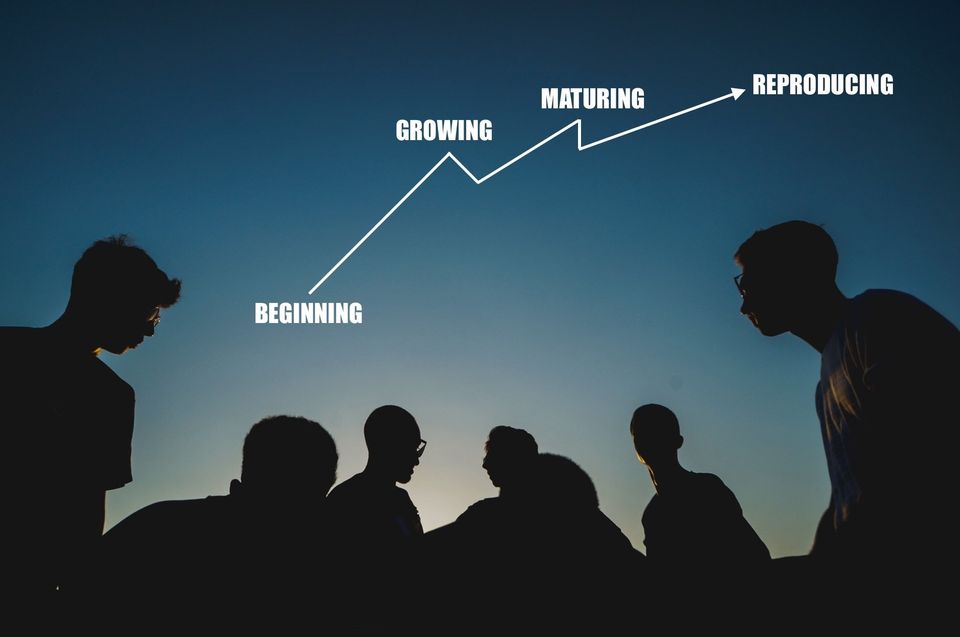Fear and Pride Issues at Each Level of Team Development
Both team members and team leaders will struggle with fear and pride while interacting with each other on a team through all stages of development.
Team members at the beginning
stage are inexperienced and need leaders to help them develop and mature. They are prone to false pride and arrogance, needing to see the importance of sharing information rather than hoarding it for the sake of power. At the beginning stage, team members also need to get over their fear of failure and looking foolish. Team leaders primarily provide directive teaching at this stage. They need to guard against impatience and making quick judgment calls. Often at this stage, it’s easy to overlook details that are so common to the leader but very new to the team members. If team leaders delegate too soon, they set their team members up for failure.
At the growing
stage, team members face discouragement over failure or lack of progress. The benefits of working alone may seem greater than that of teamwork. Team members can easily lose faith in themselves and also feel frustrated at their leader’s seeming inability to manage and maximize team effectiveness. At this stage, team leaders need to be careful they don’t express frustration but rather encouragement. They need to look ahead at the big picture rather than set unrealistic expectations in the present. A big challenge for them at this stage is fearing that their supporters may be critical of their ability to lead.
At the maturing
stage, team members often struggle with commitment (due to pride in their individual performance), fear of trying something new (due to current successes), and competition from other team members. Team leaders may struggle with a lack of concern or a minimal awareness of team challenges due to their lessening involvement and shared leadership. They may draw back from confronting groupthink or calling out other team challenges due to not wanting to upset a team that is experiencing greater momentum. Team leaders may also fear at this stage that they will be passed over for promotion as shared leadership in the team increases.
At the reproducing
stage, team members can become complacent on one hand or burn out on the other due to not balancing their work with rest. Because they’re experiencing great success and need little input anymore they may also be unwilling to accept feedback. Team leaders at this point will struggle with competition from their other leaders on the team and may begin to withhold information or recognition as a result. They may also fear that they’ll be replaced by someone better than them on the team.
[Next week we will look at some practical steps in discipling team members.]














